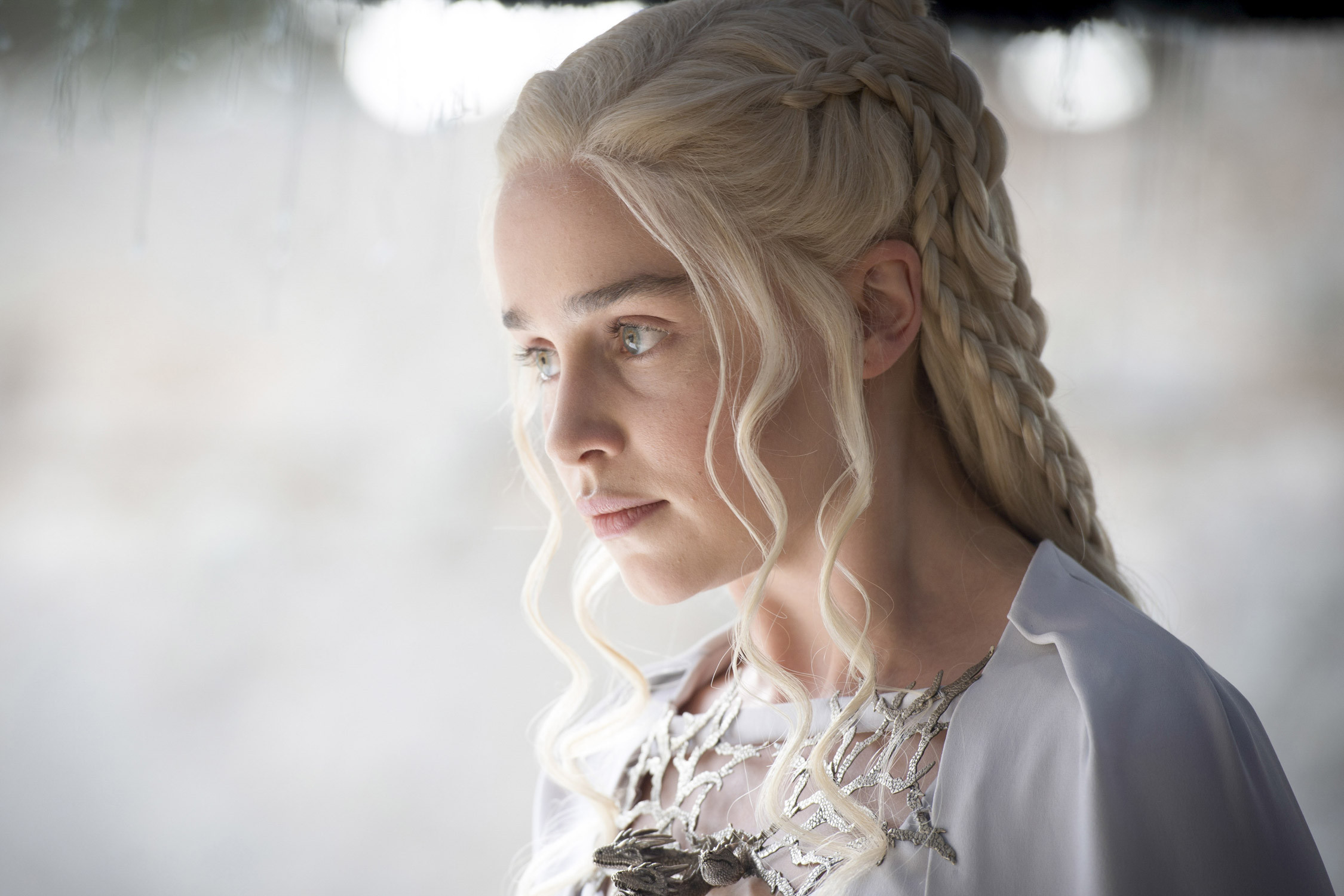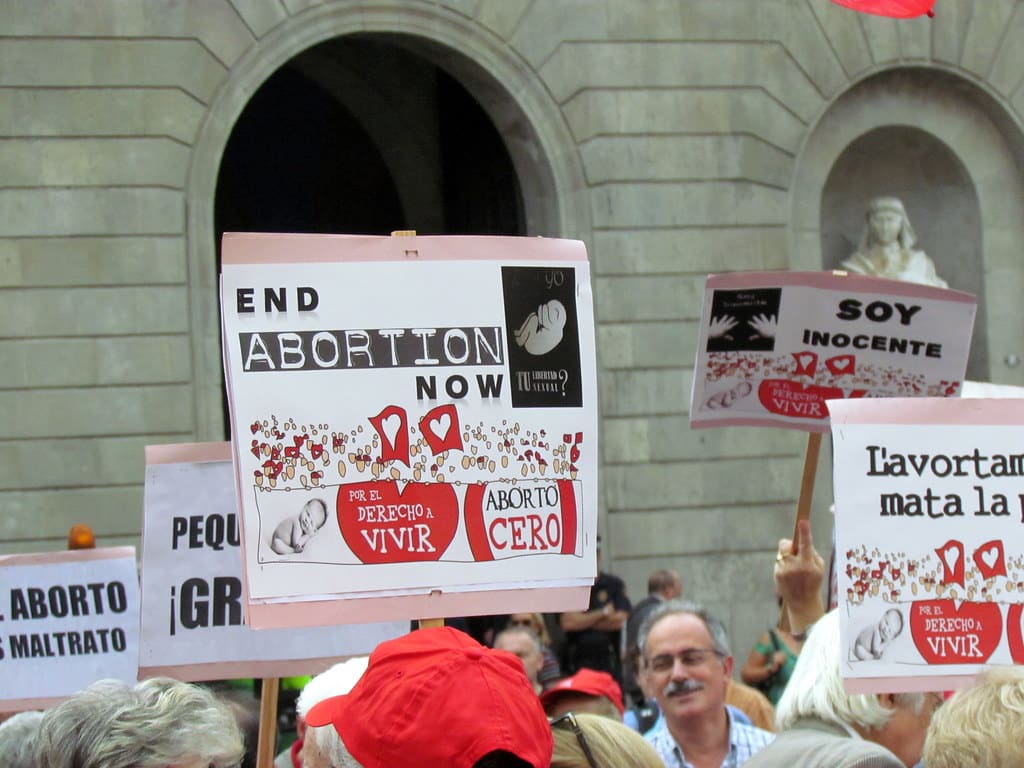In an essay for The New Yorker published today, Emilia Clarke reveals for the first time that she suffered two brain aneurysms in between earlier seasons on Game of Thrones. Both instances required serious procedures in the hospital, but the second was a much more painful surgery that required penetrating her skull, she wrote. The health scares (“I nearly lost my mind and then my life,” she wrote) caused her to worry for her future as an actress, especially since the recovery partially affected her memory.
Clarke suffered the first aneurysm on February 11, 2011, after she finished filming the first season of Game of Thrones. She was working out with a trainer when a bad headache and fatigue soon turned into feeling “as though an elastic band were squeezing my brain,” she wrote. The actress “proceeded to be violently, voluminously ill” and felt a “shooting, stabbing, constricting pain.” She was later taken to the emergency room via an ambulance.
After an MRI scan, she was diagnosed with a subarachnoid hemorrhage, “a life-threatening type of stroke, caused by bleeding into the space surrounding the brain,” she explained. “I’d had an aneurysm, an arterial rupture.”
She was treated with a three-hour minimally invasive surgery called endovascular coiling, where the surgeon puts a wire through a femoral artery in the groin. It then goes up around the heart, and eventually reaches the brain, where it treats the aneurysm.
“When I woke, the pain was unbearable,” Clarke wrote. “I had no idea where I was. My field of vision was constricted. There was a tube down my throat and I was parched and nauseated.” To make matters worse, she couldn’t remember her name due to a condition called aphasia, which resulted from the brain trauma. She feared she wouldn’t be able to remember her lines, but the aphasia was gone after about a week.
“In my worst moments, I wanted to pull the plug,” the actress wrote. “I asked the medical staff to let me die. My job—my entire dream of what my life would be—centered on language, on communication. Without that, I was lost.”
After a month of being in the hospital, she was released, and due to return to the Game of Thrones set weeks later for the show’s second season. Before she left, doctors informed her that she had a “smaller aneurysm on the other side of my brain, and it could ‘pop’ at any time.” She had to be careful.
Recovery was not instant. Clarke recalled feeling “so woozy, so weak, that I thought I was going to die” while filming Season 2. She also “sipped on morphine in between interviews” to ease the pain. “The pain was there, and the fatigue was like the worst exhaustion I’d ever experienced, multiplied by a million,” she said.
Clarke suffered the second aneurysm in 2013, when she was in New York during a Broadway gig as Holly Golightly. The second growth had doubled in size, so she was set to have a smaller surgery to take care of it. However, the procedure failed (“When they woke me, I was screaming in pain,” Clarke said) and doctors had to take an invasive approach and go through her skull.
The recovery was “even more painful” this time than it was the first. “I looked as though I had been through a war more gruesome than any that Daenerys experienced,” Clarke recalled. “I emerged from the operation with a drain coming out of my head. Bits of my skull had been replaced by titanium.”
She spent a month in the hospital, but recovery wasn’t easy. “[At] certain points, I lost all hope. I couldn’t look anyone in the eye. There was terrible anxiety, panic attacks,” Clarke said. She was even “convinced that [she] wasn’t going to live.” But weeks later, she was with the Game of Thrones cast at Comic-Con in San Diego. Now, Clarke assures she’s “healed beyond my most unreasonable hopes. I am now at a hundred per cent.”
After bravely opening up about her story, Clarke is launching a charity called SameYou, which supports people through brain injury and recovery. She shared a video about the new initiative with a candid Instagram video.
“I’d love to hear your stories because that’s why I started this,” she says.




